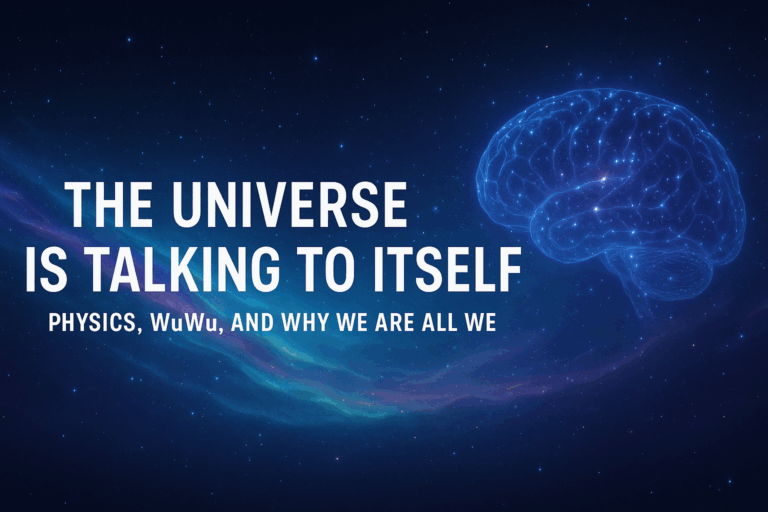
There’s a strange, painful irony playing out in progressive spaces right now. People who once proudly flew the flag of climate action—who ditched their gas-guzzlers for electric cars—are now being ridiculed, even condemned, by the very movement they once supported. In online spaces, “Tesla bro” has become a slur. Owning an EV, once a badge of environmental commitment, is now painted by some corners of the Left as a symbol of techbro elitism, capitalist complicity, or worse—fascist leanings.
What happened?
More importantly: why does this always seem to happen?
The Left, particularly in times of ideological drift or political defeat, has a tendency to turn inward. When victories are scarce or hard to define, energy often redirects toward purifying the movement, re-defining who’s “really” on the team. This is not a new phenomenon. It’s a cyclical one—like a snake eating its own tail.
Historical Echoes: From Revolution to Recrimination
The French Revolution didn’t end with liberty and baguettes for all—it ended with Robespierre guillotining fellow revolutionaries for being insufficiently radical. The Russian Revolution followed suit; once the Bolsheviks seized power, they quickly turned on the Leftist groups that helped them rise, labeling them counter-revolutionary. By the time Stalin was in charge, even Old Bolsheviks were enemies of the state.
In both cases, the revolution’s children were devoured by the very movement they helped birth.
The American Left isn’t guillotining people, but it is doing something eerily familiar: turning on its own. When winning the culture war feels impossible and progress seems stalled, it becomes easier—and more emotionally satisfying—to focus on internal enemies. Instead of going after oil billionaires or corrupt politicians, people dunk on suburban parents with hybrid SUVs and reusable tote bags for not being “radical enough.”
The Problem With Purity
Progressive politics has always wrestled with the tension between progress and purity. The former requires coalitions. The latter requires gatekeeping. The former means accepting that imperfect allies will still move the ball forward. The latter means there is no acceptable ally, only a constantly shifting ideal.
This is how movements collapse.
Right now, the Left faces an identity crisis. The big, energizing messages of the 2010s—climate action, social justice, corporate accountability—have either stalled in the face of political reality, or been co-opted, commodified, or diluted. The urgency remains, but the momentum has scattered. And into that vacuum rushes frustration, moral panic, and a desperate search for someone to blame.
That blame often lands close to home.
The Ouroboros: A New Party From the Rubble?
You’re not wrong to wonder if the snake keeps eating itself until there’s nothing left.
This cycle of cannibalization often ends in collapse—and rebirth. Political parties, like ecosystems, tend to break down when they lose balance, becoming more brittle and extreme. But history shows that when this happens, new coalitions emerge. Sometimes they take the form of a formal party split. Sometimes a charismatic leader rises and redefines the terms entirely. Sometimes the rebirth is more subtle, a gradual reframing that takes years to notice.
In the ashes of the old Left, something else may be forming. A new coalition—less obsessed with ideological purity, more focused on practical wins. One that welcomes rather than shames people who want to help—even if they bought a Tesla.
The question is: can it emerge fast enough?
Or will we just keep arguing on Twitter while the planet burns and the Right quietly builds power?


